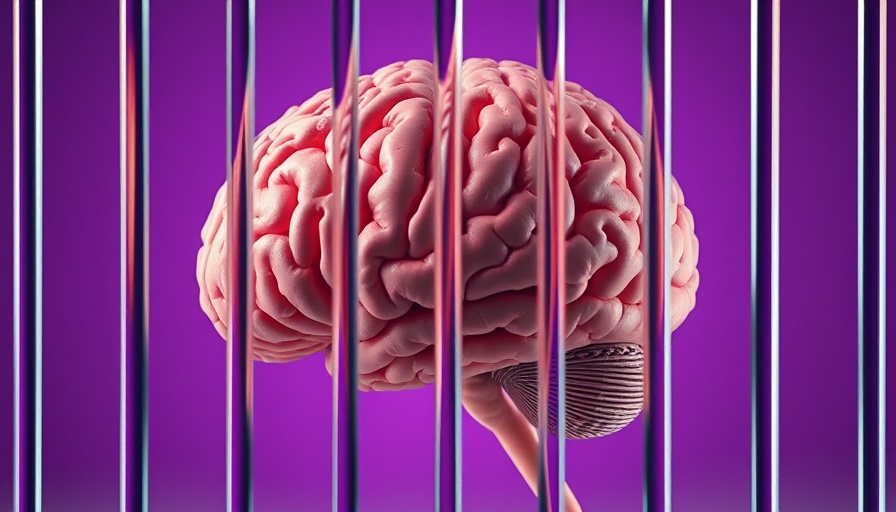
Understanding Why Therapy Might Not Feel Effective
Therapy is often depicted as a magical solution for mental health issues, yet many people walk away feeling unfulfilled or unsatisfied with their experience. New data suggests that a significant number of individuals query the effectiveness of therapy. In a survey conducted by BetterHelp, a staggering 44% of participants advised to seek therapy did not follow through, while 75% reported difficulty finding the right therapist, and 74% stopped due to poor fit. These statistics highlight that the journey to finding the right therapeutic match is not a straight path, and many factors influence how individuals perceive therapy.
Variety in Therapeutic Approaches
One of the main reasons therapy can feel unproductive is that individuals may not be engaged in the right type of therapy for their specific needs. As mental health support is not one-size-fits-all, it is crucial to explore the various therapeutic modalities available. For example, cognitive behavioral therapy (CBT) provides structured formats with actionable skills, while psychodynamic therapy delves into childhood unresolved issues. Alternatives like expressive art therapy or somatic practices may resonate more with others, especially those who do not connect with traditional talk therapy.
The Importance of Therapist Compatibility
Finding the right therapist is akin to dating—often, the first choice does not always signify a lasting connection. Establishing rapport with a therapist is essential for a successful therapeutic relationship. Without trust and comfort, individuals might hesitate to express their thoughts and feelings openly, limiting their progress. It’s beneficial to view therapy as an evolving relationship requiring a good match in personality, communication style, and approach. A poor fit does not imply failure—it merely indicates a need for change.
Being Open and Vulnerable
Therapy can only be as effective as the willingness of the individual to engage honestly with the process. It may be challenging to confront deep-seated fears or emotions, sometimes leading to individuals holding back during sessions. Therapy requires vulnerability, and when those crucial discussions are avoided, the therapeutic benefit diminishes significantly. Practicing openness and self-honesty can pave the way for more productive interactions and greater insights.
Setting Realistic Expectations
Another crucial factor influencing therapy outcomes is expectation management. Many enter therapy hoping for immediate results, but mental health improvement is often a gradual process. Understanding that therapy entails ups and downs, just like any meaningful lifestyle change, can help clients maintain a more positive outlook and recognize incremental improvements. It’s important to allow oneself the grace of time throughout this journey.
Exploring Alternative Support Systems
If traditional therapy feels inadequate, exploring other support systems can also be beneficial. This might include support groups, wellness activities like yoga or mindfulness meditation, or engaging with holistic practices that promote a balanced lifestyle. The integration of these methods may complement traditional therapy or serve as an alternative path to achieving mental well-being. Ultimately, well-being is multifaceted, and blending various supportive approaches can lead to a fulfilling mental health journey.
When to Consider Trying Therapy Again
After a disappointing therapeutic experience, feeling hesitant about trying therapy again is common. However, reflecting on the reasons for past dissatisfaction can provide valuable insights into what adjustments might aid future attempts. From seeking out a different therapist to exploring various therapeutic modalities, individuals can create a more tailored experience. Reassessing personal goals and keeping a journal of emotional responses can serve as guiding tools in this process.
 Add Element
Add Element  Add Row
Add Row 



Write A Comment